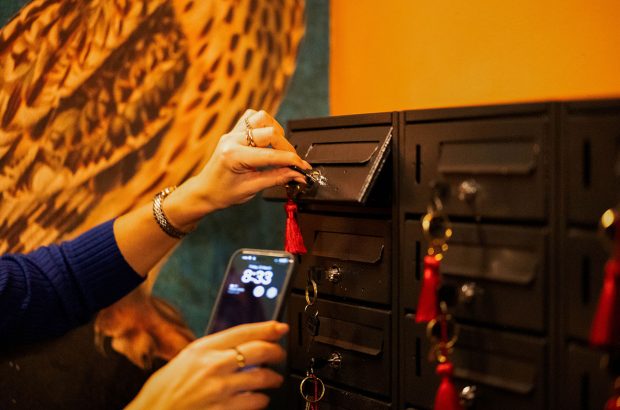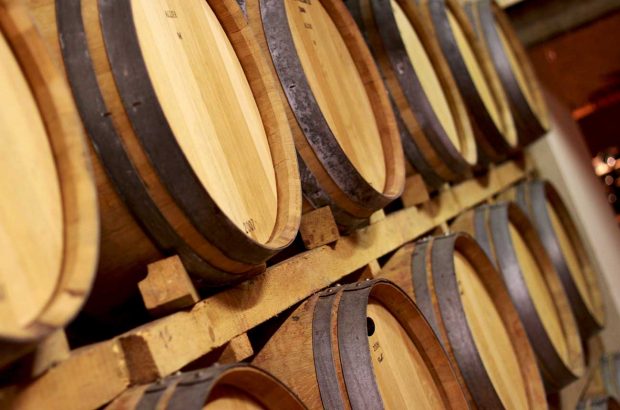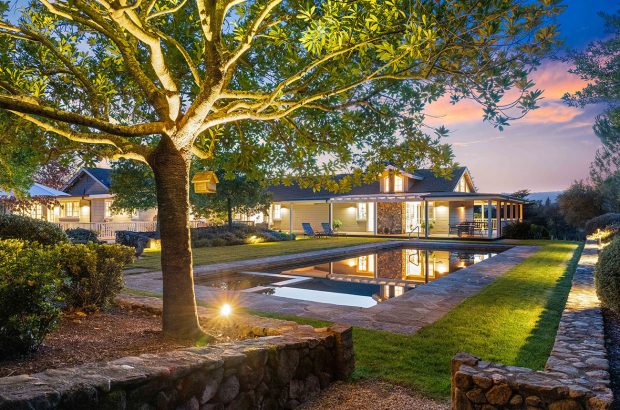As the 'Big Five' châteaux release their prices, a case of top Bordeaux 2001 costs less than the equivalent 1999 vintage sells for now.
First Growths Latour, Mouton-Rothschild and Haut-Brion have set their prices only 10% higher than the 1999 vintage release prices.
Merchants are offering the wines at around £950 (€1498) per case. Margaux has come in at £900 (€1419), and just hours ago Lafite came in with a price of £950 (€1498) which is the same as the other three. 1999 Haut-Brion meanwhile is currently selling for £980 (€1545); Mouton-Rothschild for £960 (€1513).
‘The prices are very fair,’ Farr Vintner’s Stephen Browett told decanter.com. ‘Our target was to offer the 2001 vintage at something like the 1999 release prices and that’s what we’ve been able to achieve.’ He revealed that Farr is paying an average of £65 (€103) for a bottle of First Growth 2001. The company will then sell it for roughly 15% more than that. To date, other merchants and online retailers are offering more or less the same price for the First Growth wines.
Browett is convinced the sensible prices are in response earlier this year to warnings from negociants and merchants for the Bordeaux châteaux to keep their heads when pricing the 2001 vintage. Last March a group of the UK’s top merchants sent a letter to all Bordeaux châteaux warning them that they would kill the market if they set 2001 prices too high.
‘Without that sort of pressure I’m sure we would have seen higher prices,’ Browett said. ‘But the châteaux have in fact released their wines at exactly half the price of the 2000 vintage when you average it out across the two release tranches.’ The 2000 vintage was released in two ‘tranches’, the second batch coming out at a much higher price than the first after the frenzy surrounding the quality of the millennium vintage had taken hold.
Browett was keen to point out that the 2001 prices shouldn’t be seen as generosity on the châteaux’s part. ‘The 2001 prices are a return to the pricing levels of the 1997, 98, and 99 vintages,’ he said. ‘It’s the 2000 pricing that was the oddity.’
Chateau Lafite’s Christophe Salin agreed that the price was what the market wanted. ‘I have been travelling for a month,’ he told decanter.com, ‘and the message I was getting was that the market was looking for something much lower than 2000. The message didn’t come from the UK particularly, but from Switzerland, from everywhere.’
He denied that the lower price was a reflection of quality. ‘It is too early to comment on quality,’ he said. ‘You must remember that it is the market that sets the price, and the market wanted similar prices to 1999. 2000 was a magic label.’
Farr has already done £1m worth of en primeur business, and while the big châteaux account for a high proportion in value terms, people are buying across the board.
‘It’s a real drinkers vintage,’ Browett said. ‘It also seems that (Robert) Parker’s lukewarm response to the 2001 vintage has seen buyers turning back to traditional châteaux and traditional styles and away from fashionable, concentrated wines from the Right Bank.
Written by Liz Hughes



